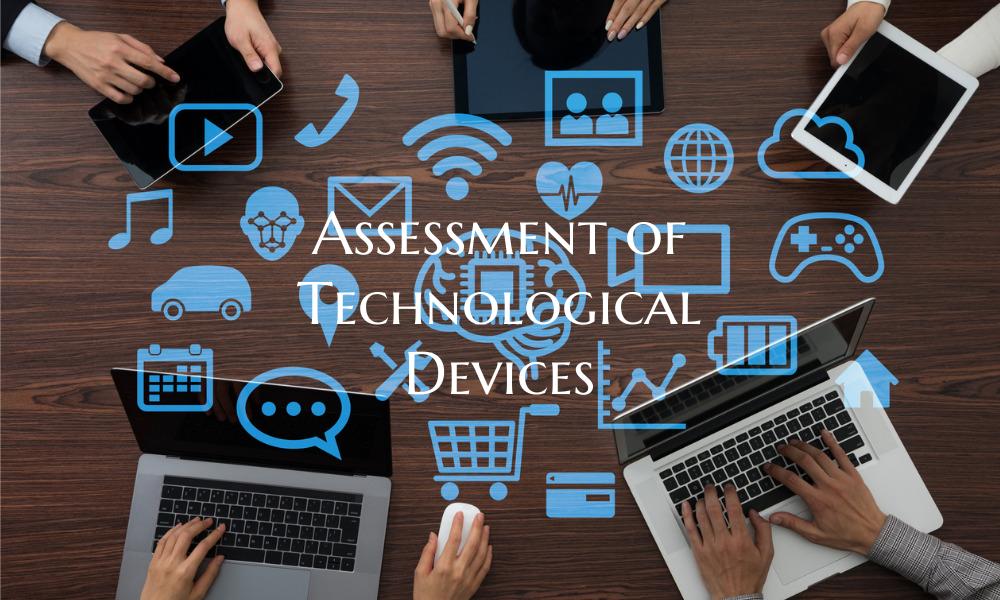Assessment of Technological Devices
In today's fast-paced and technology-driven world, the assessment of technological devices plays a crucial role in determining their effectiveness, efficiency, and overall impact on users and society. Whether it's a smartphone, laptop, tablet, or any other electronic gadget, conducting a thorough assessment ensures that the device meets the required standards and serves its intended purpose optimally.
One of the key aspects of assessing technological devices is evaluating their performance capabilities. This includes examining factors such as processing speed, memory capacity, battery life, and overall reliability under different usage scenarios. By conducting performance tests and benchmarks, researchers and developers can identify any shortcomings or areas for improvement, thereby enhancing the user experience and maximizing the device's potential.
Furthermore, the assessment of technological devices also encompasses usability testing, which focuses on how easily and intuitively users can interact with the device. This involves evaluating the device's interface design, navigation system, accessibility features, and overall user-friendliness. Usability assessments help identify any user experience issues or bottlenecks that may hinder the device's usability and suggest ways to streamline the user interface for better engagement.
Another important aspect of assessing technological devices is ensuring their compliance with industry standards and regulations. Device manufacturers must adhere to specific guidelines and quality assurance protocols to guarantee the safety, security, and compatibility of their products with other devices and software systems. By conducting rigorous compliance testing, organizations can verify that their devices meet the required specifications and operate seamlessly within a given technological ecosystem.
In addition to performance, usability, and compliance testing, the assessment of technological devices also involves analyzing their environmental impact and sustainability practices. As concerns about electronic waste and energy consumption continue to rise, assessing the environmental footprint of technological devices is becoming increasingly important. By evaluating factors such as recyclability, energy efficiency, and eco-friendly design, researchers and consumers can make informed decisions about the sustainability of their devices and contribute to a greener and more sustainable future.
In conclusion, the assessment of technological devices is a multi-faceted process that encompasses performance testing, usability evaluation, compliance verification, and sustainability analysis. By conducting thorough assessments across these domains, stakeholders can ensure that technological devices meet the highest standards of quality, usability, and sustainability, ultimately enhancing the overall user experience and driving technological innovation forward.

